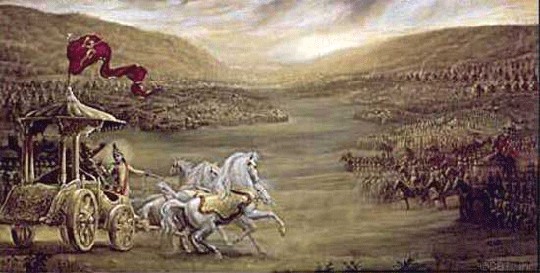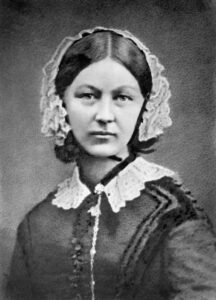Nazar Sajjad Hyder: Trailblazing Educator, Emancipator, and Rebel in Indian History

Image Credit: Feminism in India
Nazar Sajjad Hyder was an Indian educator, emancipator, and rebel who made significant contributions to the field of education during the pre-independence era. She was born in 1905 in Allahabad, Uttar Pradesh, and was the daughter of renowned scholar and journalist, Maulana Sajjad Husain.
Hyder was a trailblazer in her time, breaking barriers and challenging the status quo. She was the first woman to graduate from Allahabad University with a Bachelor of Arts degree and went on to obtain a Master’s degree in Philosophy from the same university.
Hyder’s passion for education and social justice led her to become a teacher at the age of 20, where she worked tirelessly to create opportunities for girls to receive an education. She was a firm believer in the power of education to transform society and was known for her progressive views on women’s education and their role in society.
Hyder’s activism extended beyond the classroom. She was an active member of the Indian National Congress and played a pivotal role in the Indian independence movement. Her involvement in the Quit India Movement in 1942 led to her arrest and imprisonment by the British authorities.
Despite facing adversity, Hyder remained committed to her cause and continued to fight for women’s rights and education. She established the All India Women’s Conference in Allahabad in 1947, which aimed to empower women and create a platform for them to voice their concerns.
Hyder’s legacy continues to inspire generations of women in India. Her contributions to education and the Indian independence movement have had a profound impact on Indian society. Her unwavering commitment to social justice and equality serves as a reminder that one person can make a difference.
RE-reported from the story originally published in Feminism in India









